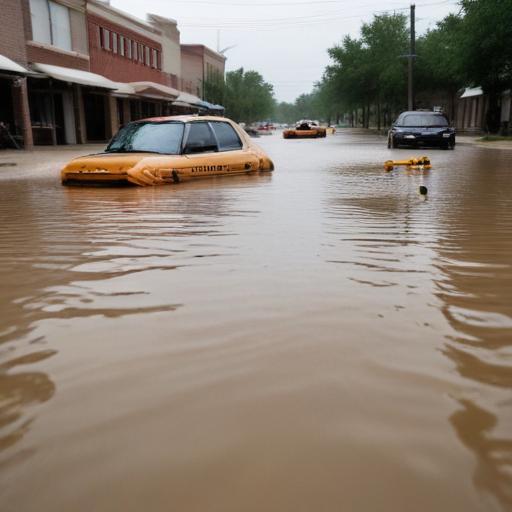Devastating flash floods struck Texas during the Fourth of July holiday weekend, resulting in at least 110 confirmed fatalities, including heartbreaking losses from a summer camp. Camp Mystic reported that 27 campers and counselors perished due to the catastrophic flooding. As of now, search and rescue efforts are ongoing, with many still unaccounted for, raising concerns about emergency preparedness and timely responses from local officials.
The unprecedented rain mainly affected the Texas Hill Country, an area naturally susceptible to flash floods due to its geology, which allows water to flow rapidly across dry, packed soil. This flash flooding was exacerbated by a convergence of weather systems, including moisture from Tropical Storm Barry and various atmospheric disturbances that led to prolonged, intense rainfall.
Despite a flood watch notification issued by the National Weather Service, many residents were caught off guard as water levels in the Guadalupe River rose dramatically in a short time, resulting in what some survivors described as a “pitch black wall of death.” Tragically, stories have emerged of heroic efforts, with Camp Mystic’s owner losing his life while attempting to save campers.
As the search for missing persons continues, Governor Greg Abbott indicated that there are still dozens of people unaccounted, particularly in Kerr County, where the camp is located. The community faces scrutiny regarding the adequacy of flood alerts, with officials admitting that they were caught by surprise by the ferocity of the floods.
In addition to the immediate rescue efforts, the federal government, led by President Trump, has issued a major disaster declaration for Kerr County, with support promised to aid recovery and cleanup efforts, a process that officials anticipate will be prolonged and complicated.
The situation highlights the urgent need for improved flood warning systems in the region, which have been previously proposed but not funded. Authorities have indicated they plan to address this in upcoming legislative sessions.
As communities band together to aid those affected, there is hope that lessons learned from this tragedy will lead to better preparedness for future weather events, potentially saving lives in the long run. The outreach from leaders, including prayers from Pope Leo, underscores the compassion and solidarity evident in this challenging time.
